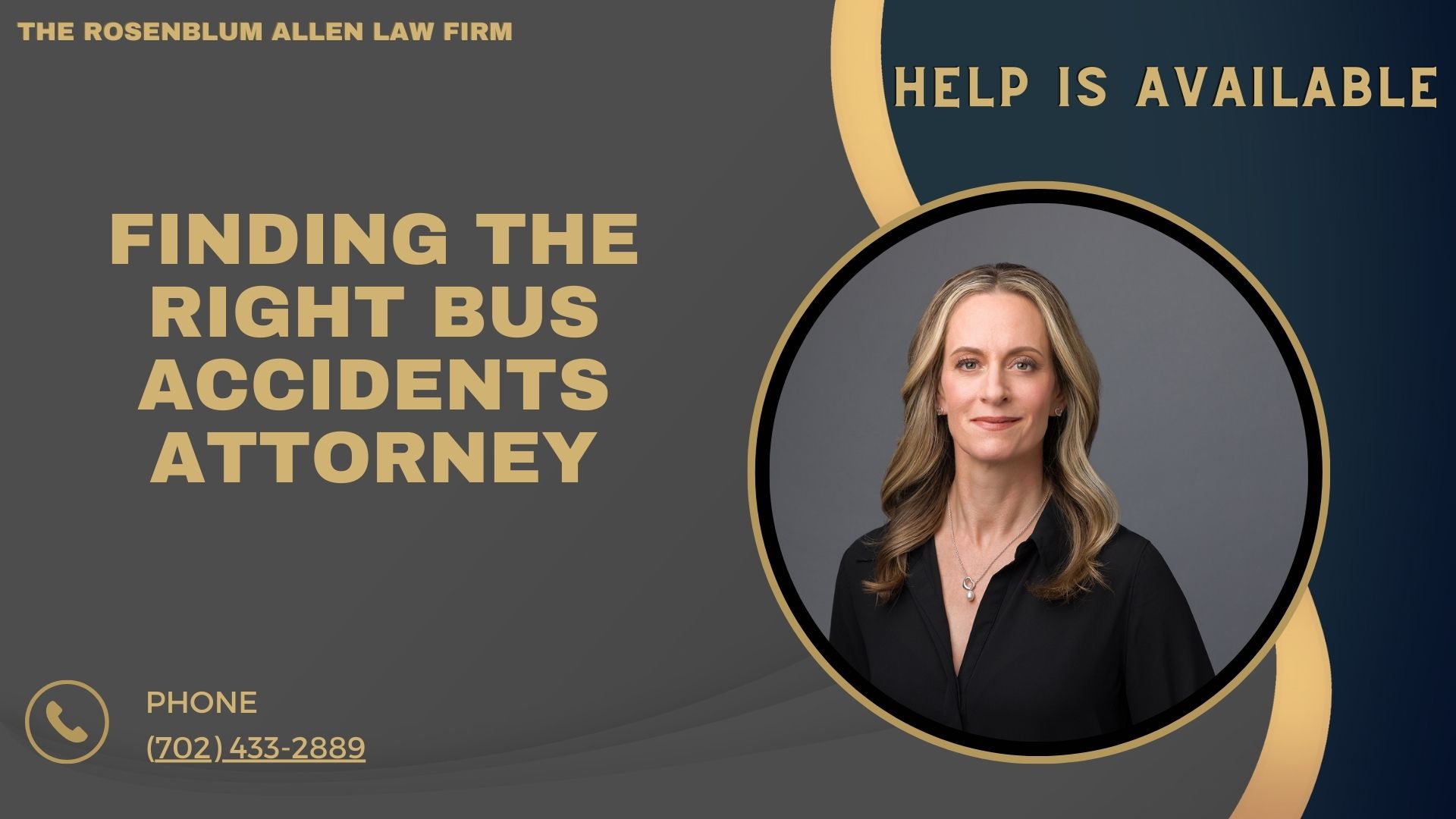Hiring a specialized bus accident attorney is crucial. These cases can be complex. You need someone who knows the ins and outs of bus accident law. Bus accident cases aren’t like other personal injury cases. They involve different regulations and more parties. A specialized attorney knows how to navigate these challenges.
Overview of Bus Accident Legal Challenges
Bus accidents can involve many victims. They can involve public or private entities and different types of insurance. This complexity makes legal proceedings hard. An experienced attorney can help untangle these issues.
Understanding Bus Accidents
To find the right attorney, you need to understand bus accidents. This knowledge will help you ask the right questions. It will also help you understand the legal process.
Common Causes of Bus Accidents
Bus accidents happen for many reasons. Knowing the cause can affect your case.
Driver Negligence
Distracted driving
Fatigue
Speeding
Impaired driving
Mechanical Failures
Brake failure
Engine problems
Tire blowouts
Faulty lights or signals
Poor Road Conditions
Potholes
Poorly marked lanes
Inadequate signage
Construction zones
Weather-Related Issues
Rain
Snow
Ice
Fog
Types of Bus Accidents
Different types of bus accidents have unique legal considerations.
Public Transit Bus Accidents
These involve city or county buses. They often include claims against government entities.
School Bus Accidents
School bus accidents can involve children. This adds another layer of complexity.
Private Charter Bus Accidents
These involve buses rented for private events. Liability can be tricky with many companies involved.
Why You Need a Bus Accidents Attorney
Navigating a bus accident case alone is tough. An attorney can make a significant difference in the outcome.
Legal Complexity of Bus Accident Cases
Bus accident cases involve various laws and regulations. These can be different from those in car accident cases.
Dealing with Insurance Companies
Insurance companies may cut your claim. An attorney knows how to handle these negotiations.
Determining Liability
Liability in bus accidents can be complicated. Many parties may be at fault.
Multiple Parties Involved
Bus driver
Bus company
Maintenance contractors
Other drivers
Gathering and Preserving Evidence
Accident reports
Witness statements
Surveillance footage
Maintenance records
Maximizing Compensation
An attorney helps ensure you get the compensation you deserve.
Medical Expenses
Immediate medical costs
Long-term treatment
Rehabilitation
Lost Wages
Time off work
Loss of future earning capacity
Pain and Suffering
Physical pain
Emotional distress
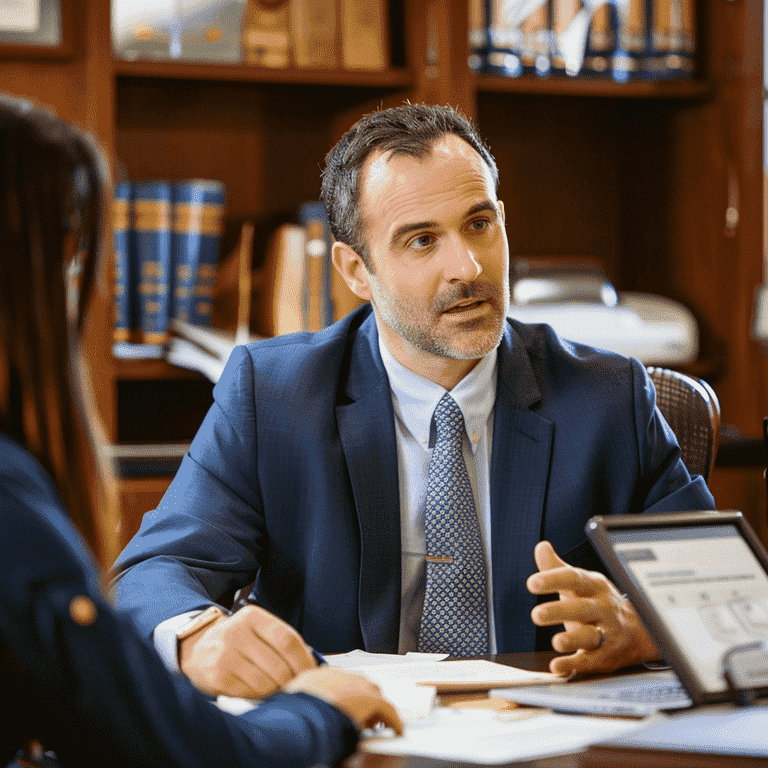
Choosing the Right Bus Accident Attorney
Selecting the right attorney is crucial for your case. Here’s what to consider.
Experience and Expertise
Look for an attorney with a solid track record in bus accident cases.
Track Record of Success
Previous case results
Settlement amounts
Specific Experience with Bus Accident Cases
Number of bus accident cases handled
Familiarity with bus accident laws
Reputation and Reviews
Check what past clients and peers say about the attorney.
Client Testimonials
Positive feedback
Client satisfaction
Peer Reviews
Ratings from other attorneys
Professional endorsements
Availability and Communication
Your attorney should be accessible and keep you informed.
Initial Consultation
Availability for a free consultation
Willingness to discuss your case in detail
Ongoing Updates and Communication
Regular updates on case progress
Prompt responses to questions
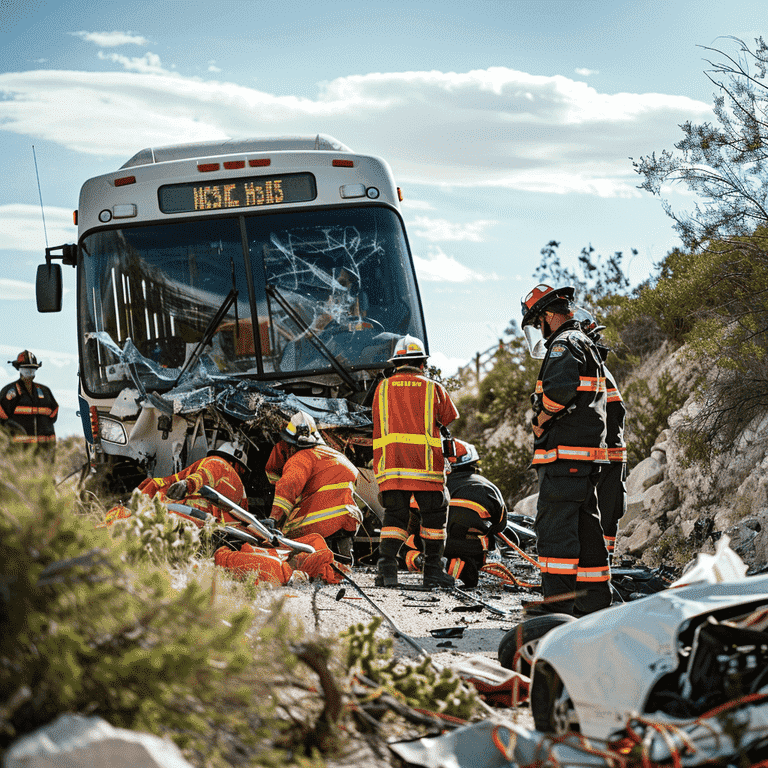
Steps to Take After a Bus Accident
Knowing what to do after a bus accident can protect your rights and strengthen your case.
Immediate Actions at the Scene
Ensuring Safety and Calling Emergency Services
Check for injuries
Move to a safe location
Call 911
Documenting the Scene
Take photos and videos
Collect the contact information of witnesses
Note the bus number and driver details
Seeking Medical Attention
Importance of Medical Records
Document injuries
Provide evidence for your case
Follow-Up Care
Attend all medical appointments
Follow the doctor’s recommendations
Reporting the Accident
Filing a Police Report
Essential for official documentation
Provides an objective account of the accident
Informing Insurance Companies
Notify your insurance company
Be cautious in your statements
Contacting a Bus Accidents Attorney
Initial Consultation
Discuss your case details
Understand your legal options
Preparing Your Case
Gather all relevant documents
Create a timeline of events
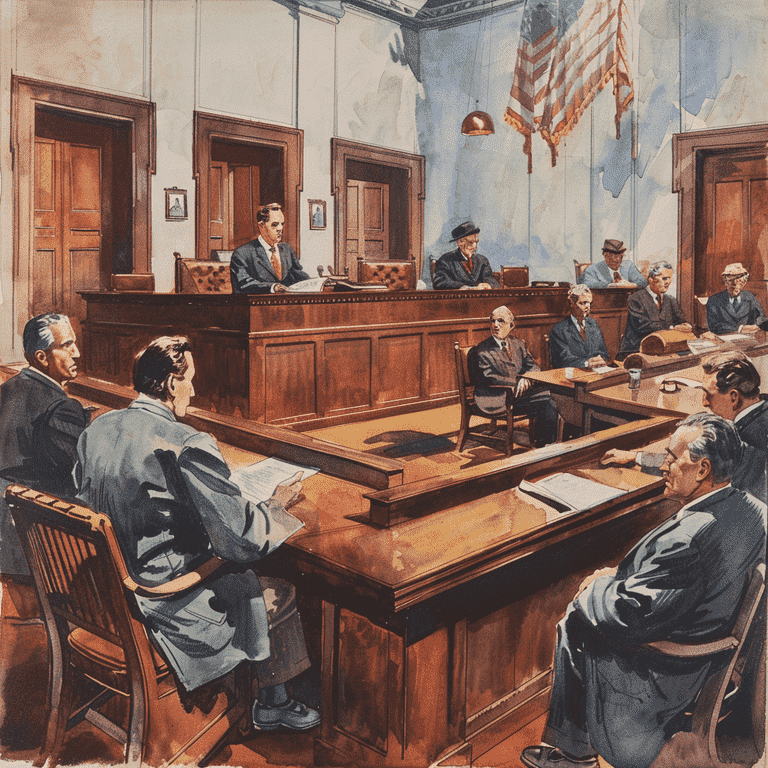
What to Expect During the Legal Process
Understanding what to expect can make the legal process less daunting. Here’s a breakdown of the steps involved.
Investigation and Evidence Gathering
Your attorney will start by gathering evidence to build a strong case.
Collecting Witness Statements
Speak to anyone who saw the accident
Record their accounts
Use these statements to support your version of events
Analyzing Accident Reports
Review police and accident reports
Look for details that establish the fault
Identify any discrepancies
Filing a Claim
Your attorney will help you file a legal claim.
Legal Documentation
Prepare and file all necessary paperwork
Ensure all documents are accurate and complete
Deadlines and Statutes of Limitations
Be aware of deadlines for filing claims
Understand the statute of limitations in your jurisdiction
Negotiations and Settlement
Most cases are settled out of court. Your attorney will negotiate on your behalf.
Working with Insurance Adjusters
Communicate with insurance companies
Present evidence and argue for a fair settlement
Settlement Offers and Decisions
Evaluate settlement offers
Decide whether to accept or negotiate further
Going to Trial
If a settlement isn’t reached, your case may go to trial.
Court Procedures
Prepare for court appearances
Understand the trial process
Possible Outcomes
Jury verdicts
Judge rulings
Potential appeals

Common Challenges in Bus Accident Cases
Bus accident cases come with unique challenges. Being prepared can help you and your attorney navigate these issues.
Proving Negligence
Establishing fault is critical to your case.
Establishing Fault
Show the bus driver or another party was negligent
Use evidence like traffic camera footage or eyewitness accounts
Overcoming Defense Tactics
Be prepared for common defense strategies
Have evidence to counter their arguments
Dealing with Multiple Defendants
Bus accidents often involve several parties.
Public Entities
City or county transportation authorities
Schools in the case of school bus accidents
Private Companies
Private bus companies
Maintenance contractors
Complex Medical Issues
Bus accidents can cause severe injuries.
Long-Term Injuries
Chronic pain
Permanent disabilities
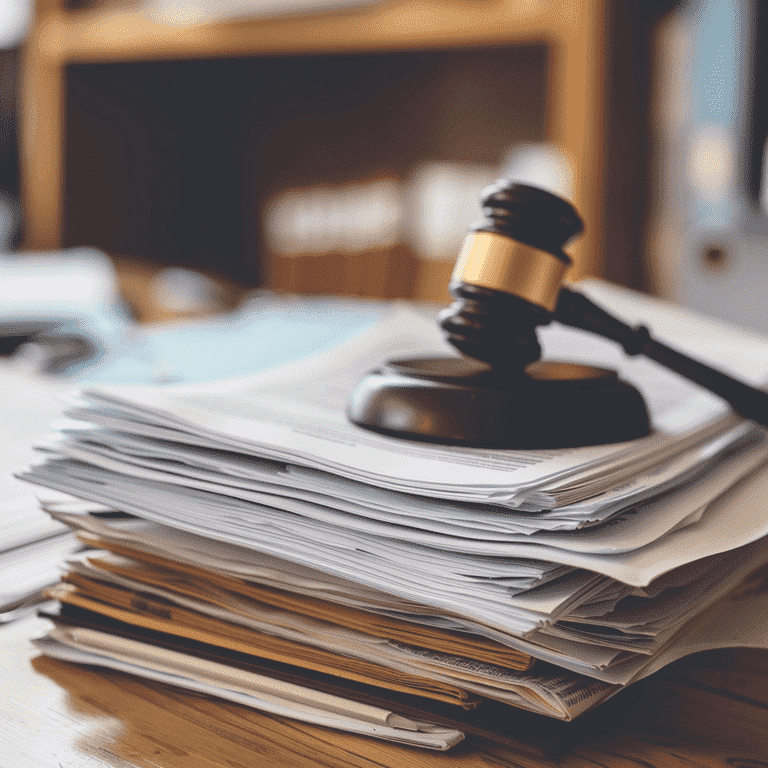
Compensation in Bus Accident Cases
Understanding the types of compensation you may be entitled to can help you set realistic expectations.
Economic Damages
These cover out-of-pocket expenses.
Medical Bills
Emergency room visits
Surgeries and treatments
Rehabilitation and therapy
Lost Income
Wages lost due to time off work
Loss of future earning capacity if you can’t return to work
Non-Economic Damages
These compensate for more intangible losses.
Pain and Suffering
Physical pain
Emotional distress
Emotional Distress
Anxiety and depression
Loss of enjoyment of life
Punitive Damages
Punitive damages are less common but can be awarded in some instances.
When They Apply
Cases involving gross negligence or intentional harm
To punish the defendant and deter similar behavior
Examples of Cases
Drunk driving accidents
Accidents caused by reckless behavior

Breaking It All Down
Hiring the proper bus accident attorney can significantly impact your case. They will navigate legal complexities and fight for your rights.
Encouragement to Seek Professional Help
Don’t face this alone. A specialized attorney can guide you through the process. They can help you get the compensation you deserve.
Final Thoughts on Protecting Your Rights
Act quickly and seek professional advice. Protect your rights and ensure you get the justice you deserve.

Frequently Asked Questions
How do I know if I have a valid bus accident claim?
You might have a valid claim if you were injured in a bus accident due to someone else’s negligence. An attorney can evaluate your case and determine its validity.
What evidence should I collect after a bus accident?
Gather contact information from witnesses, take photos of the scene, obtain a copy of the police report, and keep all medical records related to your injuries.
Can I still file a claim if I was partially at fault for the bus accident?
Yes, you may still be able to file a claim under comparative negligence laws. Your percentage of fault may reduce your compensation.
What should I do if the bus company's insurance adjuster contacts me?
Speaking with an attorney before talking to the insurance adjuster is best. They can advise you on what to say and help protect your rights.
How long does it typically take to resolve a bus accident case?
The timeline varies depending on the case’s complexity, the severity of the injuries, and whether it goes to trial. Some cases settle in a few months, while others may take years.
Will my bus accident case go to trial?
Many cases are settled out of court. However, if a fair settlement can’t be reached, your attorney may recommend going to trial.
What if the bus was a government-owned vehicle?
Claims against government entities can be more complex due to specific laws and shorter filing deadlines. An experienced attorney can navigate these challenges.
How can I afford a bus accident attorney if I have medical bills and lost wages?
Many personal injury attorneys work on a contingency fee basis, meaning they only get paid if you win your case. They will take a percentage of your settlement or award.
Can I file a claim for a minor injured in a bus accident?
Yes, parents or legal guardians can file a claim on behalf of a minor. The process may involve court approval to ensure the settlement is in the minor’s best interest.
What types of injuries are common in bus accidents?
Common injuries include whiplash, broken bones, head and brain injuries, spinal cord injuries, and internal injuries.
How do bus accident claims differ from regular car accident claims?
Bus accident claims often involve more parties, such as bus companies and government entities. They also require an understanding of specific regulations and laws applicable to buses.
What if the bus company did not directly employ the bus driver?
The driver and the contracting company might be liable if the driver was a contractor. Your attorney will investigate the employment relationship and determine liability.
Can I sue for psychological trauma caused by a bus accident?
Yes, you can seek compensation for emotional and psychological trauma, such as PTSD, anxiety, and depression, resulting from the accident.
What should I bring to my initial consultation with a bus accident attorney?
Bring any evidence, including accident reports, medical records, photos, witness contact information, and insurance correspondence.
How can I help my case after hiring an attorney?
Follow your attorney’s advice, attend all medical appointments, keep detailed records of your recovery, and communicate promptly with your attorney about any developments.

Additional Resources for You
Explore our additional resources below:
- Las Vegas Personal Injury Attorney: Comprehensive legal support for personal injury cases in Las Vegas.
- Las Vegas Car Accident Attorney: Dedicated representation for car accident victims in Las Vegas.
- Motorcycle Accident Lawyer Las Vegas: Experienced advocacy for motorcycle accident cases in Las Vegas.
- Wrongful Death Lawyer Las Vegas: Compassionate legal assistance for wrongful death claims in Las Vegas.
- Truck Accident Attorney Las Vegas: Skilled representation for truck accident victims in Las Vegas.
- Las Vegas Drunk Driving Accident Attorney: Legal advocacy for victims of drunk driving accidents in Las Vegas.
- Las Vegas Slip and Fall Attorney: Assistance for slip and fall accident cases in Las Vegas.

Outside Resources for You
Here are some offsite resources for you:
- American Burn Association: Provides resources and support for burn survivors and professionals in the field of burn care.
- National Fire Protection Association (NFPA): Offers information on fire safety, prevention, and codes and standards related to burn injuries.
- American Association for Justice (AAJ): Provides advocacy and resources for personal injury victims and their families.
- American Bar Association (ABA) – Personal Injury Law: Offers information on personal injury law and finding a qualified attorney.
- Brain Injury Association of America (BIAA): Provides support and resources for individuals and families affected by traumatic brain injury, often associated with burn accidents.
- National Safety Council (NSC) – Injury Facts: Offers statistics and information on various types of injuries, including burns, to raise awareness and promote safety.

A Special Message from Our Lead Attorney, Molly Rosenblum Allen, Esq

Thank you for taking the time to explore the resources provided. I hope you found them helpful and informative. Please reach out if you have more questions or want to discuss your case. You can schedule a free consultation by calling (702) 433-2889. I look forward to the opportunity to assist you.

